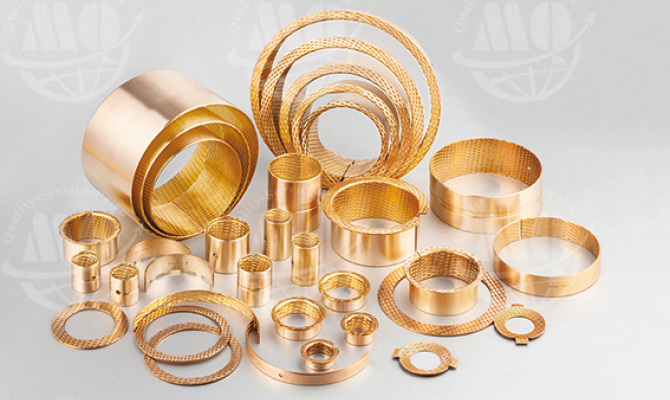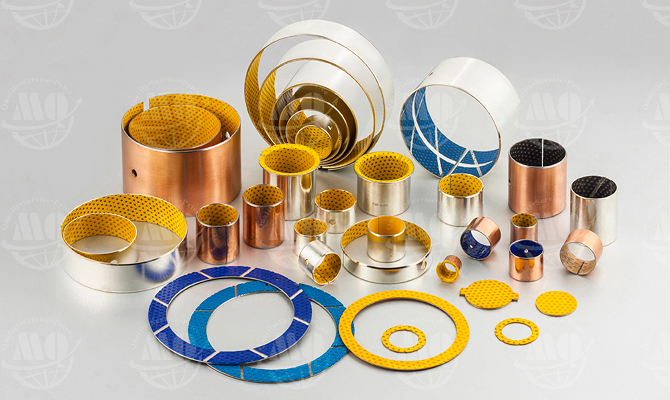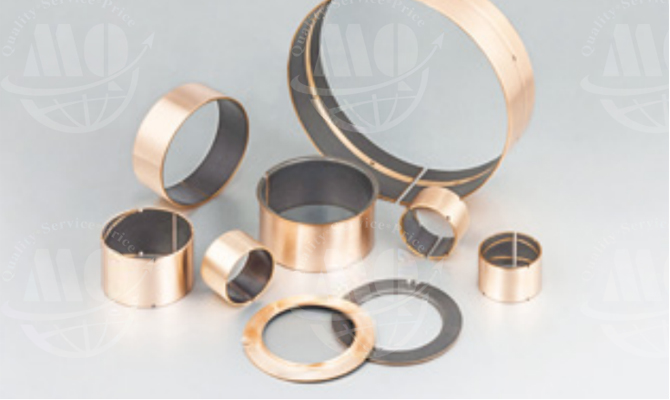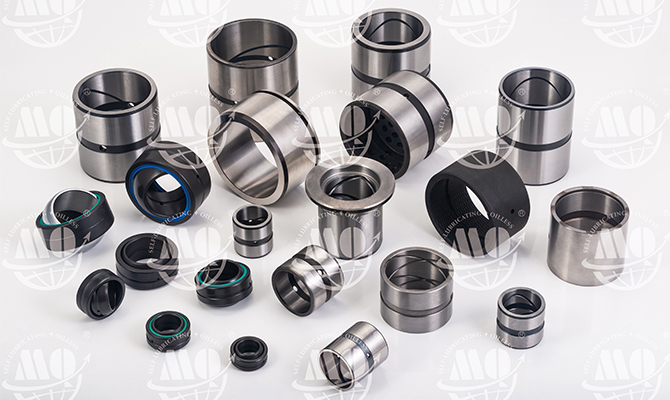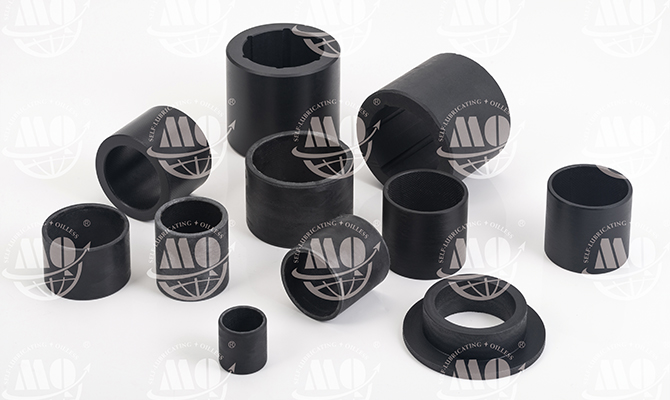Steel and bronze bushings are two different types of bearing materials commonly used for various applications. Here are the main differences between them:
Material Composition: Steel bushings are typically made of steel alloys, which can vary in composition and properties based on the specific application requirements. Bronze bushings, on the other hand, are made primarily of copper alloys, with tin being the most common alloying element. The specific bronze alloy used can vary, with variations such as phosphor bronze, aluminum bronze, and leaded bronze.
Lubrication Requirements: Steel bushings generally require lubrication to reduce friction and prevent wear. Without proper lubrication, steel bushings can suffer from increased friction, heat buildup, and potential damage. Bronze bushings, however, have inherent self-lubricating properties due to the presence of solid lubricants within the bronze material. This allows bronze bushings to operate with minimal or no additional lubrication, making them suitable for applications where lubrication may be difficult or impractical.
Load Bearing Capacity: Steel bushings are known for their high load-bearing capacity and strength. They can withstand heavy loads, high-speed applications, and significant impacts. Bronze bushings, while not as strong as steel, still have good load-bearing capacity and are often used in moderate to heavy-duty applications. The specific bronze alloy used can impact the load-bearing capacity and performance of the bushing.
Wear Resistance: Steel bushings generally have good wear resistance, especially when properly lubricated. However, they can experience increased wear if not adequately maintained. Bronze bushings, on the other hand, exhibit excellent wear resistance due to the presence of solid lubricants and the self-lubricating properties of the bronze material. This makes them particularly suitable for applications where wear resistance is critical.
Corrosion Resistance: Steel bushings are susceptible to corrosion if not properly protected or made from corrosion-resistant alloys. Bronze bushings, on the other hand, are generally more corrosion-resistant than steel, especially when using specific bronze alloys that offer good resistance to various corrosive elements.
Cost: Steel bushings are typically less expensive compared to bronze bushings. Bronze bushings, due to the cost of copper and other alloying elements, can be more expensive. The specific cost difference can vary based on factors such as size, quantity, and application requirements.
When choosing between steel and
bronze bushings, consider the specific application, load requirements, environmental conditions, lubrication availability, and budget constraints. Each material has its advantages and is suitable for different scenarios.
